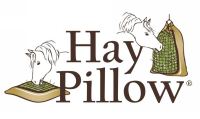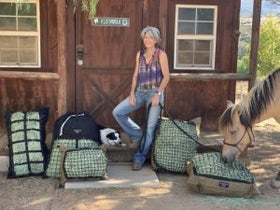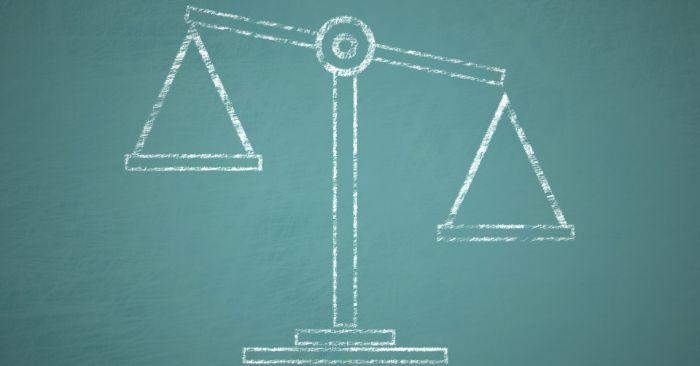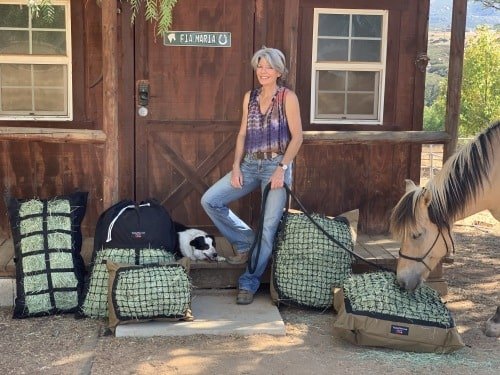Weigh Hay Rations? No Way! What You Need To Know...

Causes of Stress
- Lack of forage
- Confinement
- Lack of movement
- Lack of direct physical interaction with other herd members/isolation
- Pain
- Lack of nutrients, vitamins and minerals necessary for proper thyroid, hormone and neurological function
- Rigorous training
- Travel
Why Meals Cause Stress
Providing a slow feeder for meals certainly helps, but will not relieve the stress of being without forage for periods of time - which perpetuates the viscous cycle. Either your horse has forage available 24/7 or they don’t. This can be a difficult concept for some! It's equivalent to being sort of pregnant - either you are or you aren't.
Lack of Forage = Stress = Cortisol Production = Fat Storage
Lack of forage is stressful for your horse - and stress produces the hormone cortisol - and cortisol production results in fat storage by ignoring insulin’s attempts to uptake glucose into the tissues. This can be the cause for easy keepers and air ferns. If appropriate forage is available at all times, they can typically eat more and maintain or lose weight.
Chronic stress and release of cortisol may also be responsible for conditions including:
- Aggressive behavior
- Decreased growth and reproductive capability
- Inhibition of the immune system
- Increased risks of gastric ulceration, colic, and diarrhea
Action Plan to Reduce Stress
- Feed free choice tested low NSC (10% or below) straight grass hay. See How & Where to Test Your Horse's Hay & Interpret Results.
- Consult an equine nutritionist to ensure all vitamin/mineral requirements are being met in proper ratios and unique conditions addressed. FeedXL can be extremely helpful for DIYers.
- Experiment with slow feeders to determine the smallest mesh size that enables your horse to extract hay without being frustrated. Frustration is counterproductive - it causes stress!
- Offer multiple locations to encourage movement and feed from ground level.
- Use a grazing muzzle in pasture and turn out when sugars are likely to be lowest.
- Resolve any causes of pain or discomfort mentally and physically.
- Routine exercise is key. And never exercise your horse on an empty stomach. If your horse is foot sore, equip them with hoof boots and pads.
Helpful How To Resources for Slow Feeding
- How & Where to Test Your Horse's Hay & Interpret Results
- A Safer Always Have Hay Source – Mature Grass Hay
- Sand Colic - The Surprising (Simple) Cure & Prevention
- How to Introduce & Incorporate Free-Choice Forage: A Detailed Action Plan
- Slow Feed Solutions for Any Environment
- 6 Great Reasons to Feed Your Horse from Ground Level
- 9 Benefits of Slow Feeding Horses
- 7 Slow Feed Dos and Dont's for Horses
- 7 Easy Ways to Help Prevent Colic
- Never Exercise Horses on an Empty Stomach...Ever
- Why You Shouldn't Transport Horses On An Empty Stomach
- Keeping Horses Warm Naturally – Internally and Externally
- Why Most Horse Prefer to Eat Outside
REFERENCES
- Juliet M. Getty, Ph.D. (2015) Obesity. The Real Cause. The Real Fix. Retrieved from https://gettyequinenutrition.com/pages/obesity-the-real-cause-the-real-fix
- Karyn Malinowski, Ph.D. (2016) Reviewed in 2004 by Carey Williams, Ph.D. Stress Management for Equine Athletes. Retrieved from https://esc.rutgers.edu/fact_sheet/stress-management-for-equine-athletes/






